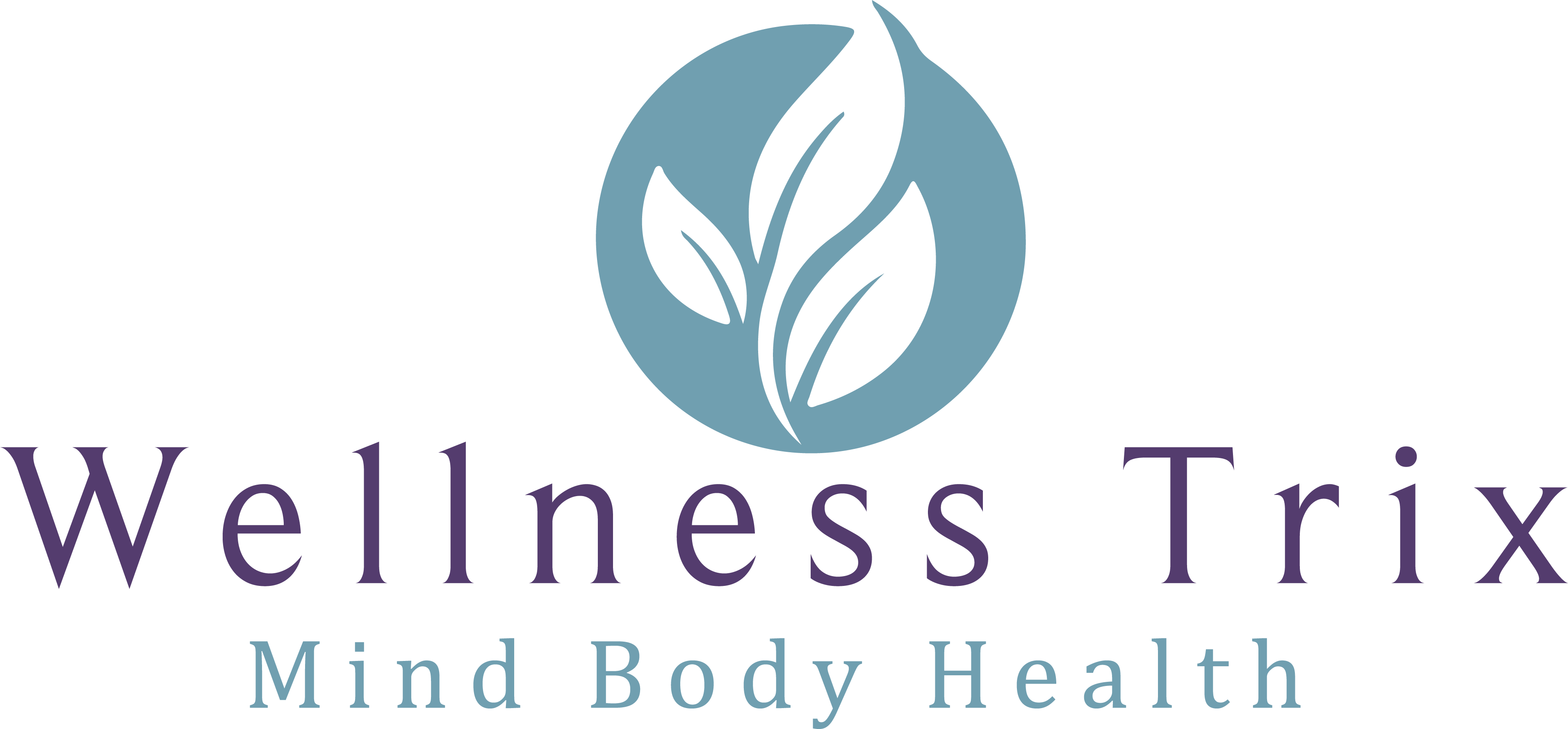OK … so let’s talk about protein!
For starters, it’s also called the “building block of life” so there’s a pretty good indication of how important it really is.
It helps you rebuild, recover, and heal from injuries and illnesses! It helps you KEEP your muscle … rather than burn it off if you’re losing weight, and it plays a big role in many of your body’s functions.
The part that confuses people is how much you actually need.
And that answer really depends on a few things … like how active you are, what your goals are, and even your age!
When it comes to how many GRAMS you need every day … that can be anywhere from .36 grams per pound (or 0.8 grams per kg) for untrained, healthy adults, all the way up to .6 to .9 grams per pound (1.4 to 2.0 grams per kilogram) for people who do high-intensity training.
To keep it simple, the range is between 10% to 35% of your daily calories.
Very few healthy people actually have a protein deficiency … but whether they are getting ENOUGH protein for their goals is another matter.
Here are some signs you might need more protein! Now, it’s important to note that all of these issues can be related to other health conditions, so it’s a good idea to ask your doctor or a dietitian if you’re noticing them.
#1: You feel hungry even if you’re eating enough. Among many other things, protein helps keep you feeling full through the day.
It’s considered the most satiating nutrient and can help keep your appetite at bay between meals. It really does make a difference!
#2: You notice your bruises aren’t healing as fast as normal, or you feel like your workout recovery is slower, with more soreness.
This can be because the protein collagen, which is found in connective tissues, plays a role in helping your body heal and repair itself!
#3: You notice your skin, hair, or nails are lackluster, or maybe your hair isn’t growing as quickly or isn’t as thick as normally is.
This is because your hair, skin, and nails are made up of proteins like elastin, collagen, and keratin.
#4: You feel tired and weak. Studies have found that not eating enough protein for even just a week can affect your muscles! Especially those responsible for your posture and general movement.
Protein also helps your body maintain its muscle mass if you’re losing weight, which can be very important for your keeping up your strength.
#5: Your mood. Proteins play a big role in all the chemicals and enzymes in your body. That includes neurochemicals that can affect your brain and your mood, like dopamine and serotonin.
Those are just a few signs you may not be getting enough protein!
And now I’ve got a bonus tip for you to help optimize your protein intake…
Research shows that spreading your protein intake out over the course of the day is the best bet for making the most of it. So my tip is to make sure you’re eating something with protein in it at every meal!
I hope this list helps you make informed choices to help you reach your goals.
REFERENCES: https://www.precisionnutrition.com/all-about-protein https://www.webmd.com/diet/ss/slideshow-not-enough-protein-signs







About The Author: Tracy Nackel
More posts by Tracy Nackel